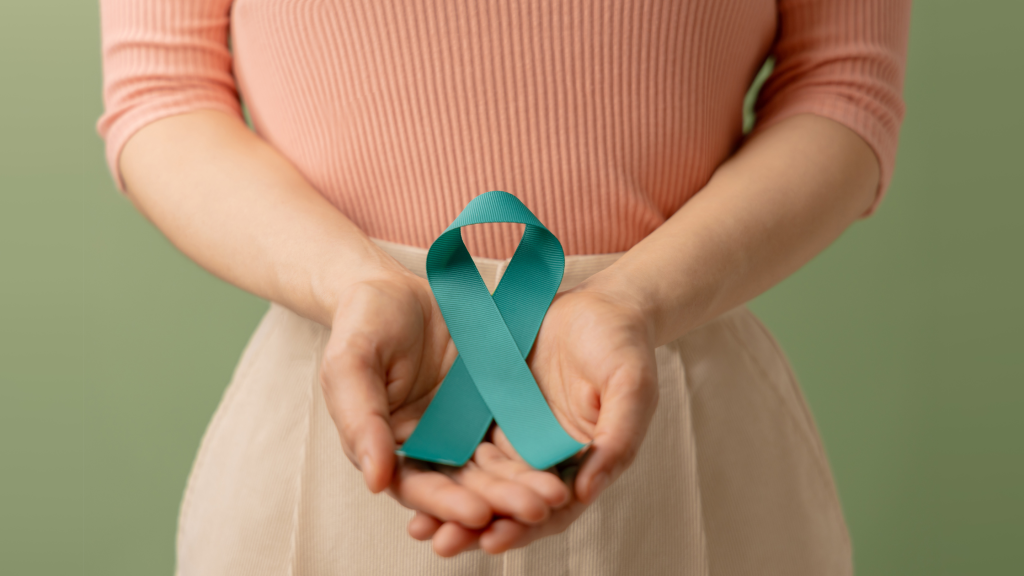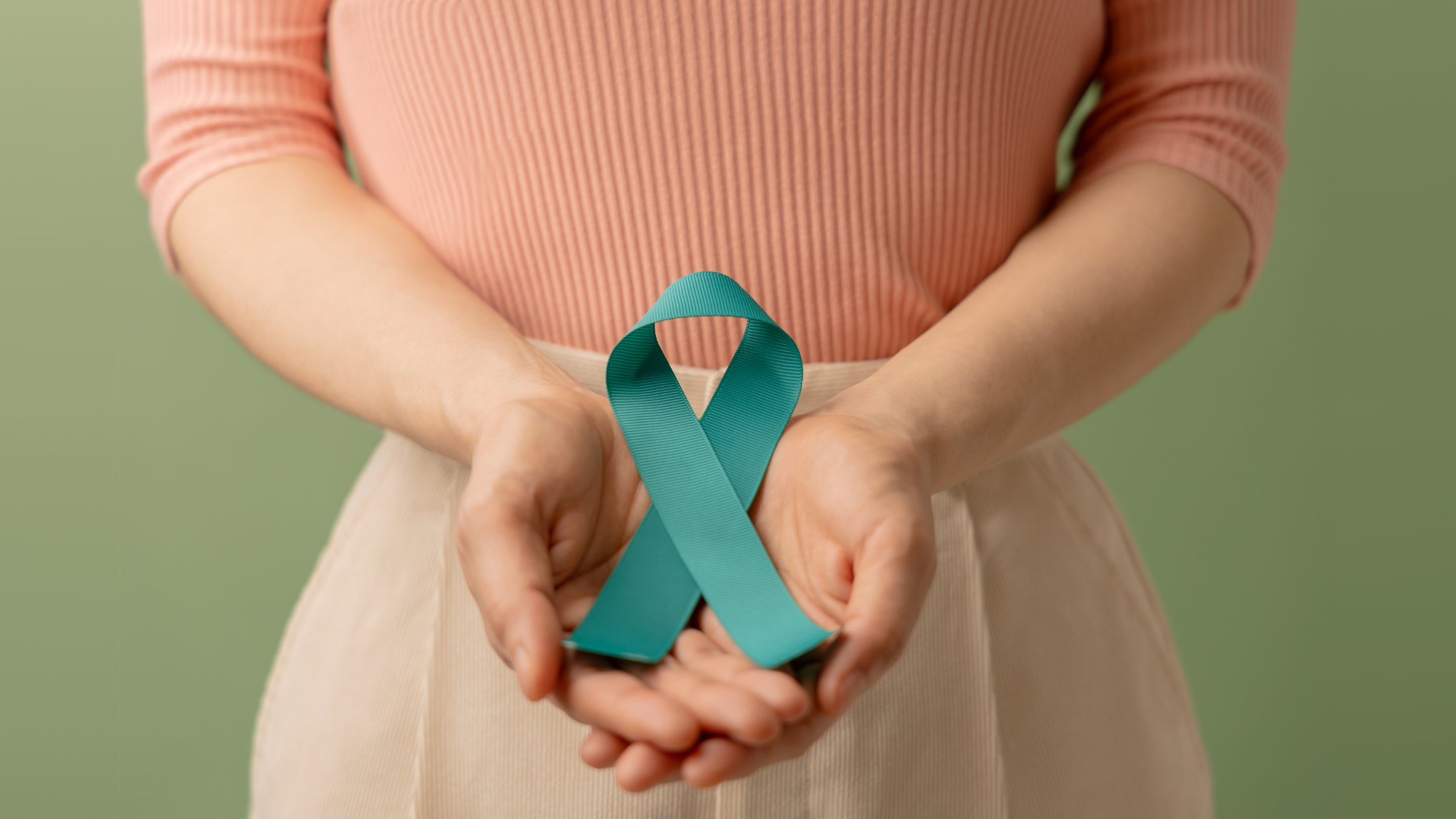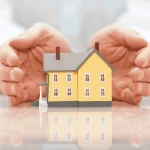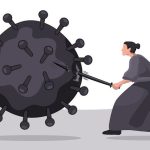Sexual abuse and sexual assault are among the most harrowing experiences a person can endure. Sadly, these heinous acts are all too common, leaving victims emotionally, psychologically, and physically scarred. The road to healing is often long and fraught with challenges, but through proper support, understanding, and legal advocacy, survivors can find a path toward justice and recovery. This article delves into the critical ways we can support victims of sexual abuse and assault, focusing on legal avenues, therapy, and community support.

Content
Understanding Sexual Abuse and Sexual Assault
Before discussing how to support victims, it’s essential to understand the difference between sexual abuse and sexual assault. While the terms are often used interchangeably, they represent distinct offenses. Sexual abuse typically refers to a pattern of unwanted sexual behaviors or acts imposed on an individual without their consent. It can happen over a prolonged period, often in a situation where the victim may not be in a position to defend themselves, such as in cases involving children or vulnerable adults.
On the other hand, sexual assault generally refers to an isolated event involving forced or coerced sexual acts. It encompasses a wide range of behaviors, from unwanted touching to rape, and can happen to anyone, regardless of gender, age, or background. Both of these forms of trauma can have severe emotional and psychological effects, and victims may face long-lasting consequences in terms of mental health, self-esteem, and relationships.
The Role of Legal Support in the Healing Process
Navigating the legal system after experiencing sexual abuse or assault can be a daunting and overwhelming task. Many victims of sexual violence fear not being believed, facing victim-blaming, or enduring the trauma of recounting their experiences in a public setting. However, seeking legal support is a crucial step in the healing journey, as it can provide a sense of justice and validation.
Legal professionals who specialize in sexual abuse and assault cases play a pivotal role in helping victims understand their rights, guiding them through the legal process, and advocating for their interests. One such resource for victims is More2You, a law firm dedicated to assisting those who have experienced sexual abuse, assault, and other criminal offenses. By offering compassionate and experienced legal representation, More2You helps survivors navigate the complexities of the legal system, ensuring that they have a voice in their pursuit of justice.
Legal action can include criminal prosecutions, civil lawsuits, and even compensation claims. In criminal cases, perpetrators are held accountable for their actions, which can provide a sense of closure for victims. Civil cases allow survivors to seek monetary compensation for the physical, emotional, and psychological damages they have endured. Having a knowledgeable legal team by their side can empower survivors to take steps toward justice and healing.
The Importance of Therapy and Counseling
In addition to legal support, therapy and counseling are essential for survivors of sexual abuse and assault. The emotional and psychological effects of these traumatic experiences are profound, and survivors often struggle with issues like depression, anxiety, post-traumatic stress disorder (PTSD), and feelings of shame or guilt. Therapy provides a safe space for survivors to process their emotions, learn coping strategies, and begin rebuilding their lives.
Therapists specializing in trauma and sexual violence work with survivors to help them understand that the abuse or assault they experienced was not their fault. They guide survivors in reclaiming their sense of self-worth and teach healthy coping mechanisms for dealing with stress, triggers, and flashbacks. Group therapy can also be a valuable resource, as it allows survivors to connect with others who have shared similar experiences, fostering a sense of community and solidarity.
In addition to traditional therapy, holistic approaches such as mindfulness, meditation, and art therapy can help survivors reconnect with their bodies and emotions. These practices promote healing by offering non-verbal outlets for trauma, which can be especially beneficial when survivors struggle to articulate their feelings.
Community Support and Advocacy
Community support is another vital component of the healing process. Survivors of sexual abuse and assault often face feelings of isolation and shame, which can make it difficult for them to seek help. However, having a supportive network of friends, family, and advocacy organizations can make a significant difference in their recovery journey.
Advocacy organizations provide survivors with resources, education, and a safe space to share their experiences. These organizations often offer hotlines, legal assistance, counseling, and other services designed to support victims. They can also help survivors connect with local support groups and raise awareness about the prevalence of sexual violence in society.
By becoming allies to survivors, friends and family members can offer emotional support, ensure that victims feel believed and validated, and help them access professional resources. It’s crucial for loved ones to listen without judgment and to encourage survivors to make decisions about their healing process at their own pace.
Prevention and Education
In addition to supporting those who have already experienced sexual violence, it’s essential to focus on prevention and education. Teaching individuals about consent, boundaries, and respectful behavior can help create a culture that prevents sexual abuse and assault before it happens. Schools, workplaces, and communities must prioritize education on these topics to reduce the incidence of sexual violence and to empower individuals to stand up against abuse when they witness it.
Promoting a society that respects the rights and dignity of others is one of the most effective ways to create lasting change. Advocacy groups, like More2You, are also working to raise awareness and provide education on the legal aspects of sexual assault and abuse, so that individuals understand their rights and know where to turn for help if they become victims.
Conclusion
Supporting victims of sexual abuse and assault is a multifaceted process that involves legal assistance, therapy, community support, and education. By providing these resources, we can help survivors reclaim their lives and find a path toward healing. The work of organizations like More2You is invaluable in ensuring that survivors have access to the legal support and advocacy they need, and that they are empowered to seek justice and healing. As a society, we must continue to prioritize the well-being of survivors, ensuring that they feel supported, validated, and never alone in their journey toward recovery.

Alissa Edwards a health blogger, but her words have the power to change your life. She is an avid reader and she loves nothing more than curling up with a good book. She always strives for perfection in everything she does, so it’s no surprise that she plans on becoming the next JK Rowling one day!











